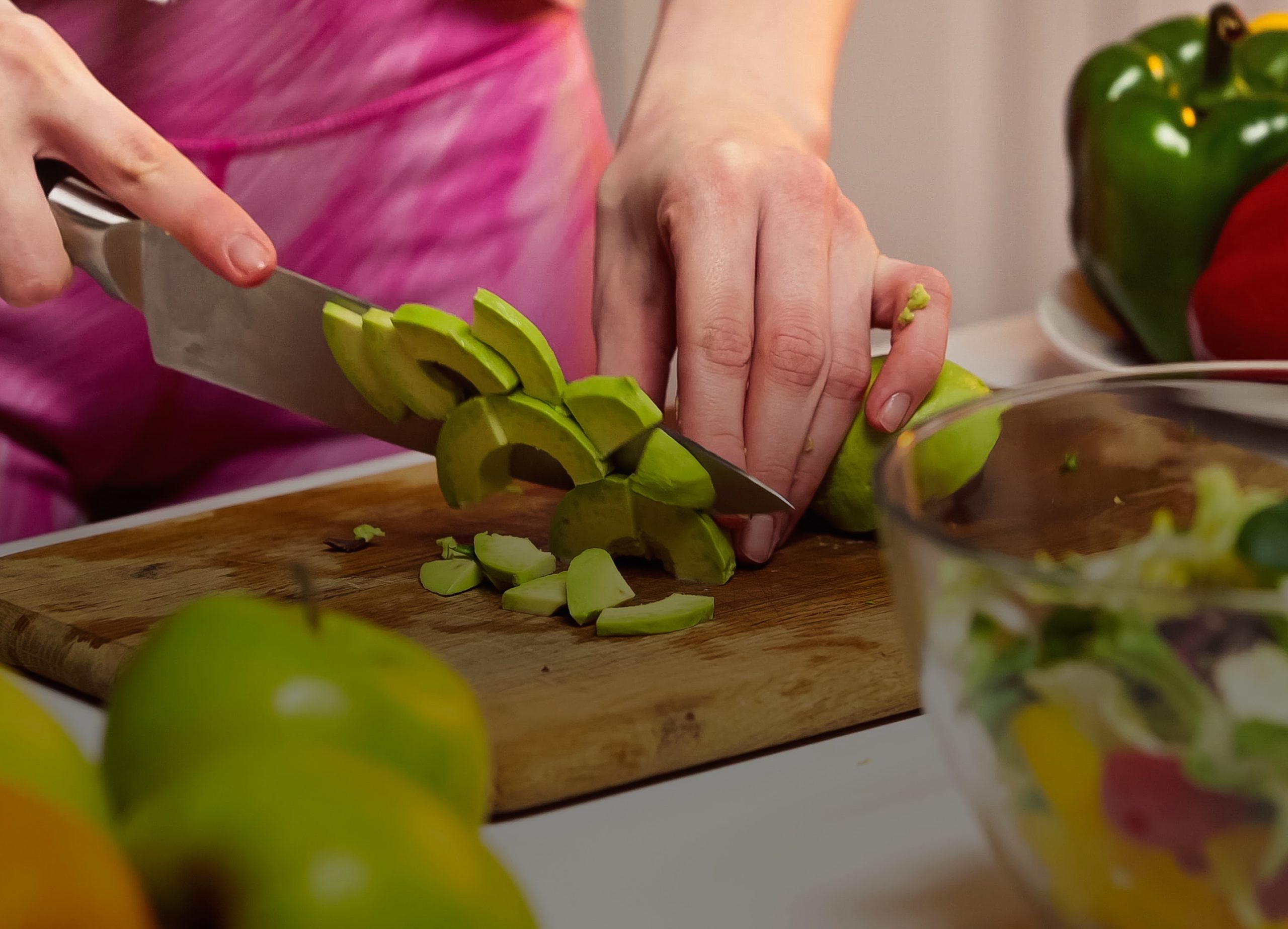Markets > Australia & New Zealand > Australia Daigou Market Change Under the Covid-19 Pandemic Situation
Australia & New Zealand
insight-detail.php
THINK CHINA
Australia Daigou Market Change Under the Covid-19 Pandemic Situation
Mar 20, 2020
As the coronavirus outbreak continues, lots of industries and businesses are experiencing difficulties. The CBEC market between Australia and China also sees some fundamental behaviour changes due to the disruptions brought by the pandemic.
Before we go into the details, here follows an overview chart showing the timeline of the development of Covid-19 in China and Australia and the impacts on CBEC and the daigou market.

In summary, there’re four critical impacts on the CBEC market between Australia and China during the outbreak of Covid-19:
Shifting in product demand
The coronavirus outbreak has made the demand for hygiene products and health products surge. Face masks and hand sanitiser were the hottest products when China reached a peak on confirmed cases. Health supplements to enhance immunity are also in high demand. Traditional high demand for baby formula remains strong while cosmetic/skincare products sales are going down.
Logistics uncertainty
With cities in lockdown and unclear border restrictions around some provinces in China, standard supply chains and delivery systems for the daigou trade were interrupted during the outbreak in China. The cut of flights between Australia and China extended the normally two-week daigou delivery window into four weeks or even longer. Many daigou were avoiding sending perishable items like fresh fruit and food if the packages do not clear the border quickly.
Due to the cut of outbound tourists from China and the return home of Chinese residents in Australia, retail daigou stores in Australia experienced the lowest traffic due to the fading traffic in all Chinese suburbs. Daigous in Australia started switching their business to online.
The decline of individual grassroot daigous
Australia’s travel ban has seriously disrupted the international student daigou group. Chinese international students cannot return to Australia. Daigou activities are no longer their consideration. The individual grassroot daigou model, which relies on purchasing products from retail POS, is no longer feasible with the spread of Covid-9 in Australia. Individual daigou shoppers who haven’t established a stable connection with big wholesalers are dropping out of the business. From the perspective of CBEC market players, the overall market demand from China is still there and has become even stronger in some particular aspects. But the disruption also exists, and some strategy change is happening.
Major CBEC platforms in China benefited from stable stock and logistic process. Given that the demand for IMF remained the same, travel restrictions disrupted individual daigou shoppers on product supply and delivery process. Consumers in China switched to buying from official CBEC channels like Tmall and JD due to its stable product stock and logistic operation. For example, Friso’s official flagship stores on Tmall and JD reported a 50% increase in sales during the Covid-19 outbreak in China. Aptamil from Danone also showed apparent sales growth on Tmall and JD.
Mid-large scale wholesaler/distributors in Australia paused expanding retail networks in both Australia and China. For wholesalers in Australia, their businesses are not greatly impacted since the demand is still there. They are more capable of maintaining a steady supply of products and logistics than individual daigous.
But most businesses are pausing their plan to expand their retail stores in Australia. One example is Reach China, which sells supplements, foods, and personal care products, delaying its plan to roll out retail stores in both countries. Another thing Australian businesses also stressed is its diversity in customer base and focus on online customers to survive this crisis.
Individual daigous switched business from offline to online. Most individual daigou shoppers switched their business model to online entirely for reducing social contact. Online live-streaming became unprecedentedly popular among grassroots daigous since it can function as product show-and-tell, sales talk, and sellers and buyers have more time and patience to watch live-streaming sessions due to self-isolation at home.
And with the spread of coronavirus in Australia, many daigou shoppers chose to go back to China and operate their daigou business remotely from China. Chinese CBEC consumer needs and buying behaviour also have some significant changes that are worth noticing. In terms of consumer needs, we’ve witnessed three key trends:
Hygiene needs become the first priority
Hygiene products like face masks, gloves, hand sanitisers become the most needed for Chinese consumers during coronavirus outbreaks. According to an online survey by GlobalWebIndex, 54% of Chinese respondents picked “Face Mask” as the product they struggled to get during the virus outbreak, followed by anti-bacterial hand santisers/gel. They tried every way to buy these products without overthinking about price. Families and friends living overseas and daigous are the main channels they buy these products from.
Consumers are highly health-conscious right now. They’re pro-actively looking for products that can help boost strong immunity for themselves and their family. Supplements are on the rise. For example, Blackmores standard vitamin C supplements and Immune Recovery range became best sellers in their portfolio during the pandemics.

Nutritious food became a strong demand
Demands for infant formulas remained strong and even performed better during the pandemic. Also, nutritious dairy products with long shelf life are popular among Chinese consumers as a nutritional source for the whole family, especially for the elderly. Nutritious (high calcium or Vitamin D) milk power products for adults are also among the must-buy items for Chinese residents in Australia to send back to their family and friends in China.
The buying behaviour of Chinese CBEC consumers also changed in three aspects:
Due to the travel restrictions both in China and internationally, on-time delivery became the most important consideration for CBEC consumers when making a purchase decision. They no longer compare prices between different channels; guarantee on-time delivery is the decisive factor.
Panic caused by the supply shortage and future travel ban across the world, Chinese CBEC consumers are buying for future stock, especially for products like baby formula, high-consumption goods like soaps, sanitisers, detergent, and health food/supplements, etc. Plus, fact in the slow delivery, bulk buy became a mainstream buying behaviour during the quarantine period.
The crisis disrupted the operation process of lots of individual daigou shoppers. The unpredictable delivery time leads many CBEC consumers to choose the official flagstones on Tmall and JD, which have more stable product stock and delivery time. The brand official store also offers assurance on quality and authenticity during this unpredictable period. Lastly, Australian brands who want to engage daigou communities and Chinese CBEC consumers also adjust their marketing plans and approach to be more adaptive during this special period full of unpredictable changes.
Re-plan marketing calledar
March used to be the kick-off month for the CBEC marketing plan in Australia. Women’s Day, O Week in 2020 were all interrupted by the Covid-19 outbreak and enforced travel bans. Many brands have cut marketing activities, especially offline events, and save their budget for the 2nd half-year. The October golden week, Single’s Day, and Christmas/New Year will be the foreseeable peak season for the CBEC market this year in terms of marketing activities.
Re-adjust product selling points
Some brands re-emphasise their communication focus to meet the current dominant disinfectant/hygiene needs. Example: Thursday Plantation picked its Tea Tree Oil as a hero product during the pandemic and promoted its antiseptic function rather than previous natural healing benefit.
Build a professional image and be supportive
HCP and other healthcare professionals became the most influential sources for health-related information during the outbreak. Brands tried to leverage HCP to build professional endorsement on products. Some brands offered HCP video footage to endorse the health functions of certain products and ingredients to daigou shoppers to help them sell in live-streaming sessions.
Another adaptive approach is to offer hard-to-get face masks, sanitisers, or personal protective equipment as donations or rewards to engage daigou shoppers. Some big distributors in Australia are helping brands execute these activities to show care and support to both Chinese daigou shoppers and consumers in this challenging time.






